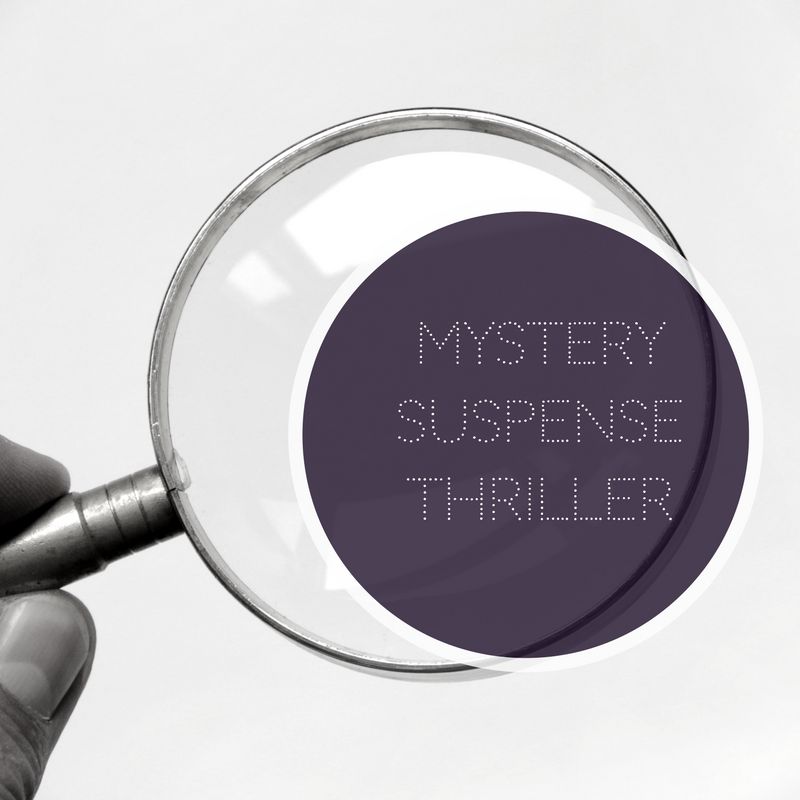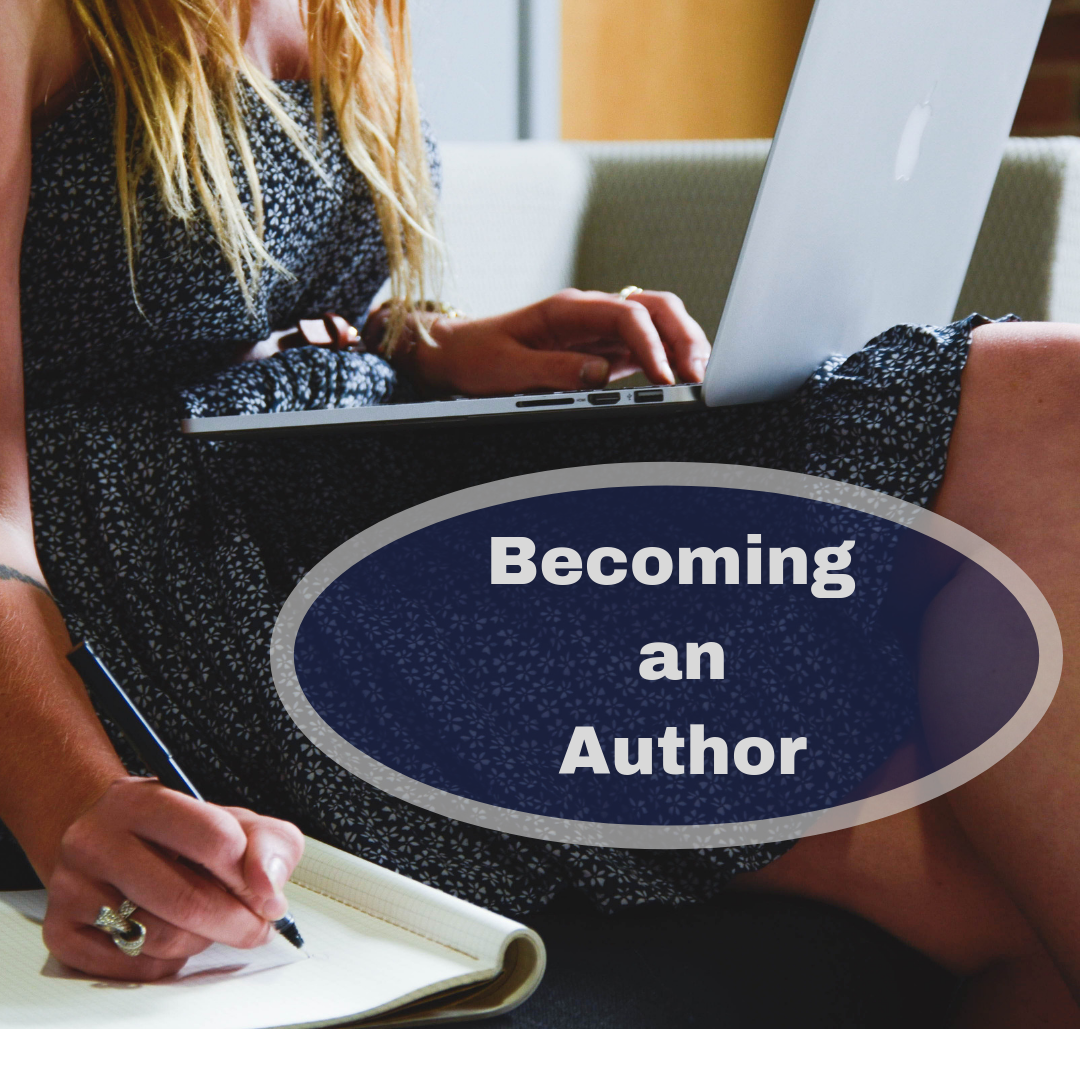
Book Proposals
Begin at the Beginning
You have a burning desire to write a book. Join the crowd. You might be surprised to learn how…
June 25, 2023
You have a burning desire to write a book. Join the crowd. You might be surprised to learn how…
June 25, 2023
As writers, we want to grab our reader’s attention from the very first sentence and keep them reading to…
April 24, 2023
There are a lot of talented authors on the Best Writers Online and Online Writers Rating custom writing reviews…
July 11, 2020
Technology today offers a wide selection of resources for writers in the form of YouTube instructional videos, simulcasts, zoom…
June 17, 2020
If you want to do excellent work you need to invest in quality tools. A cook needs good knives.…
December 8, 2019
When I was a teen, I loved to read. I loved to write. And I loved to read about…
August 9, 2019